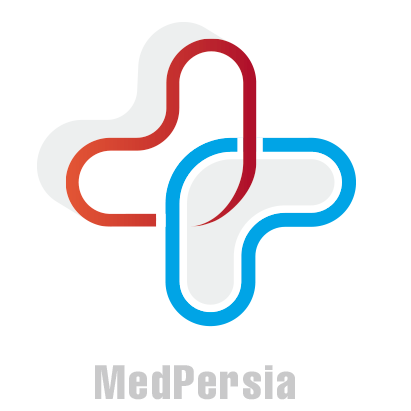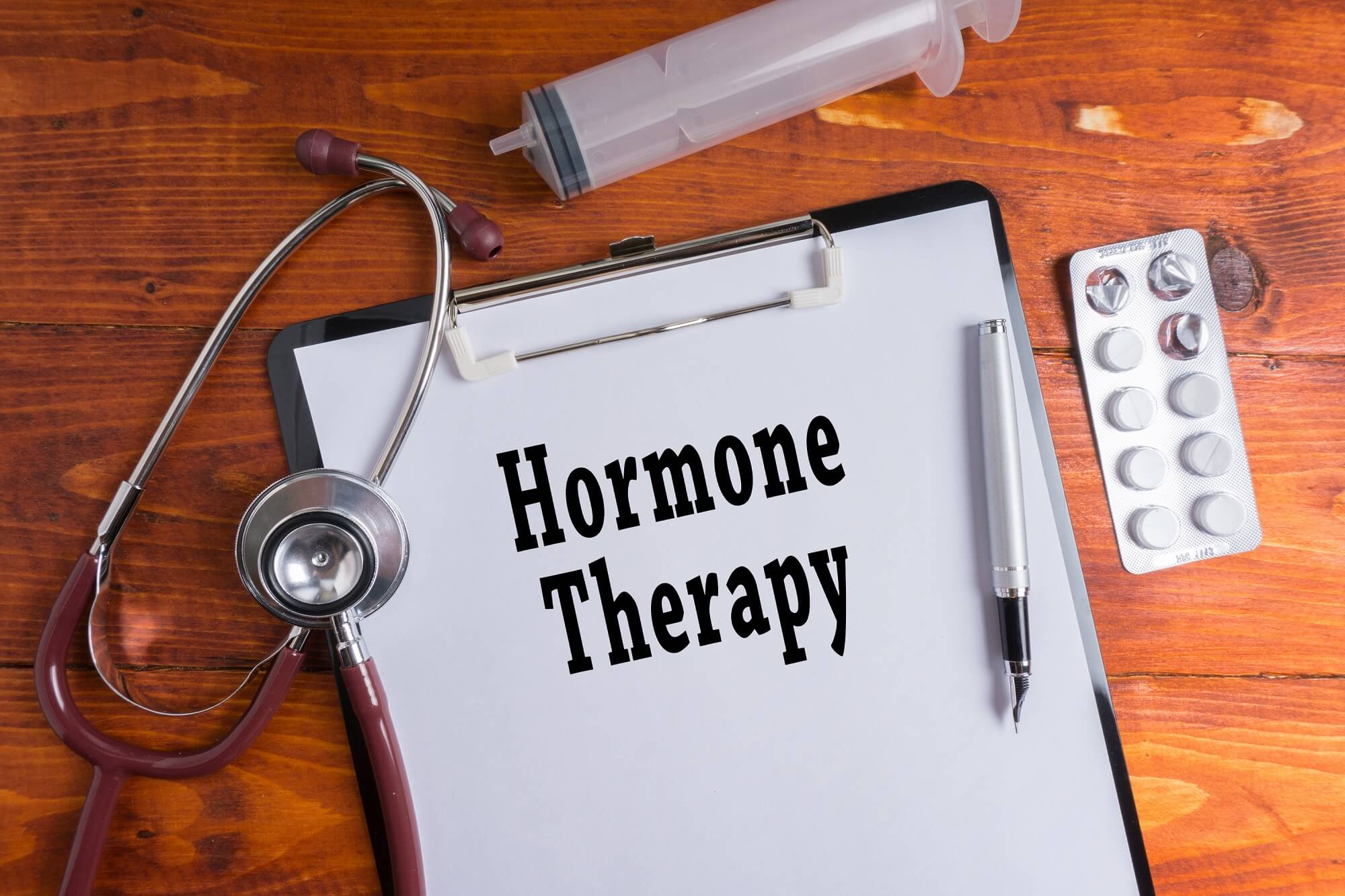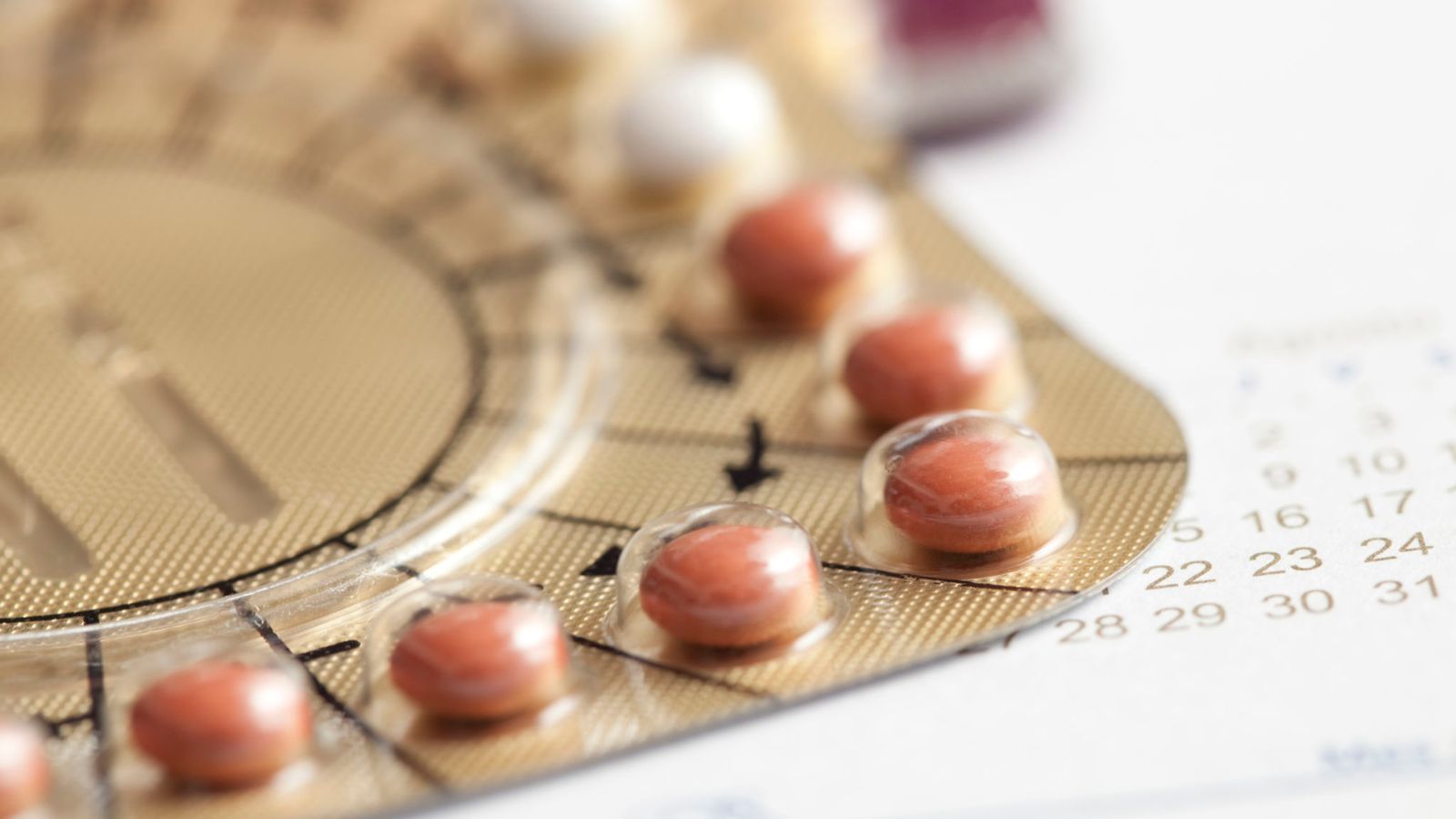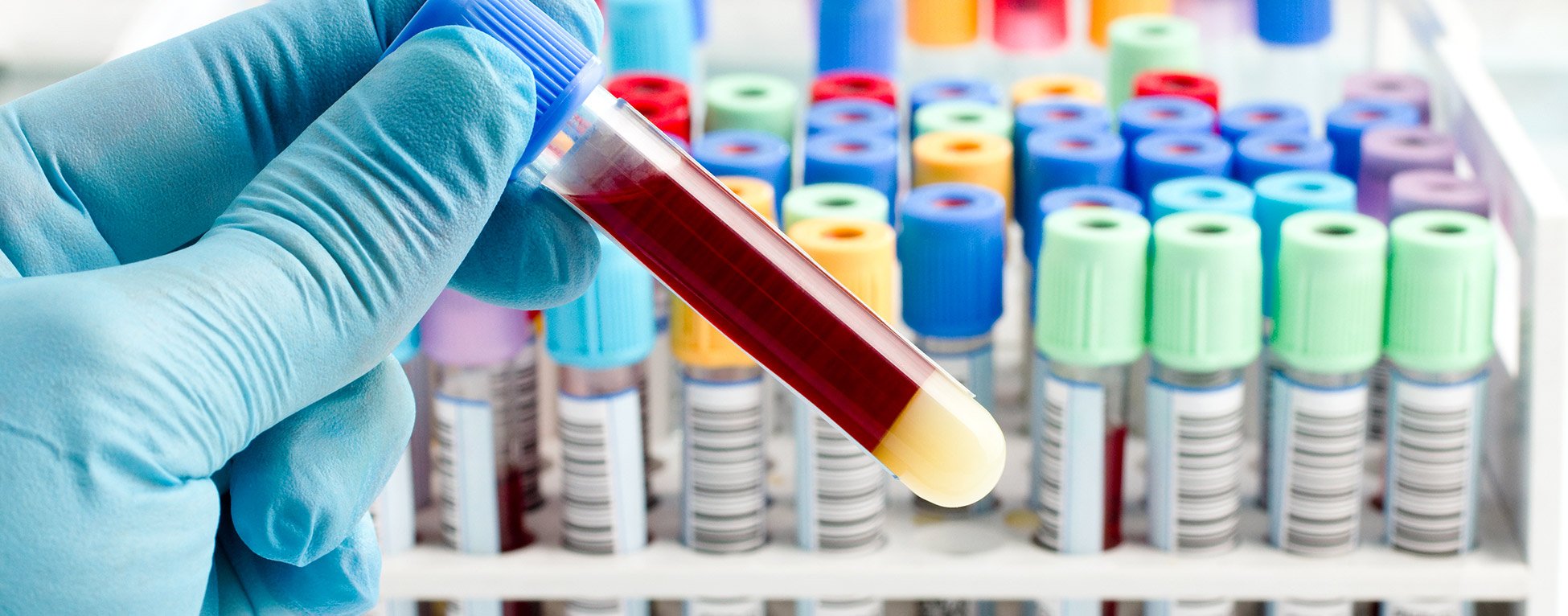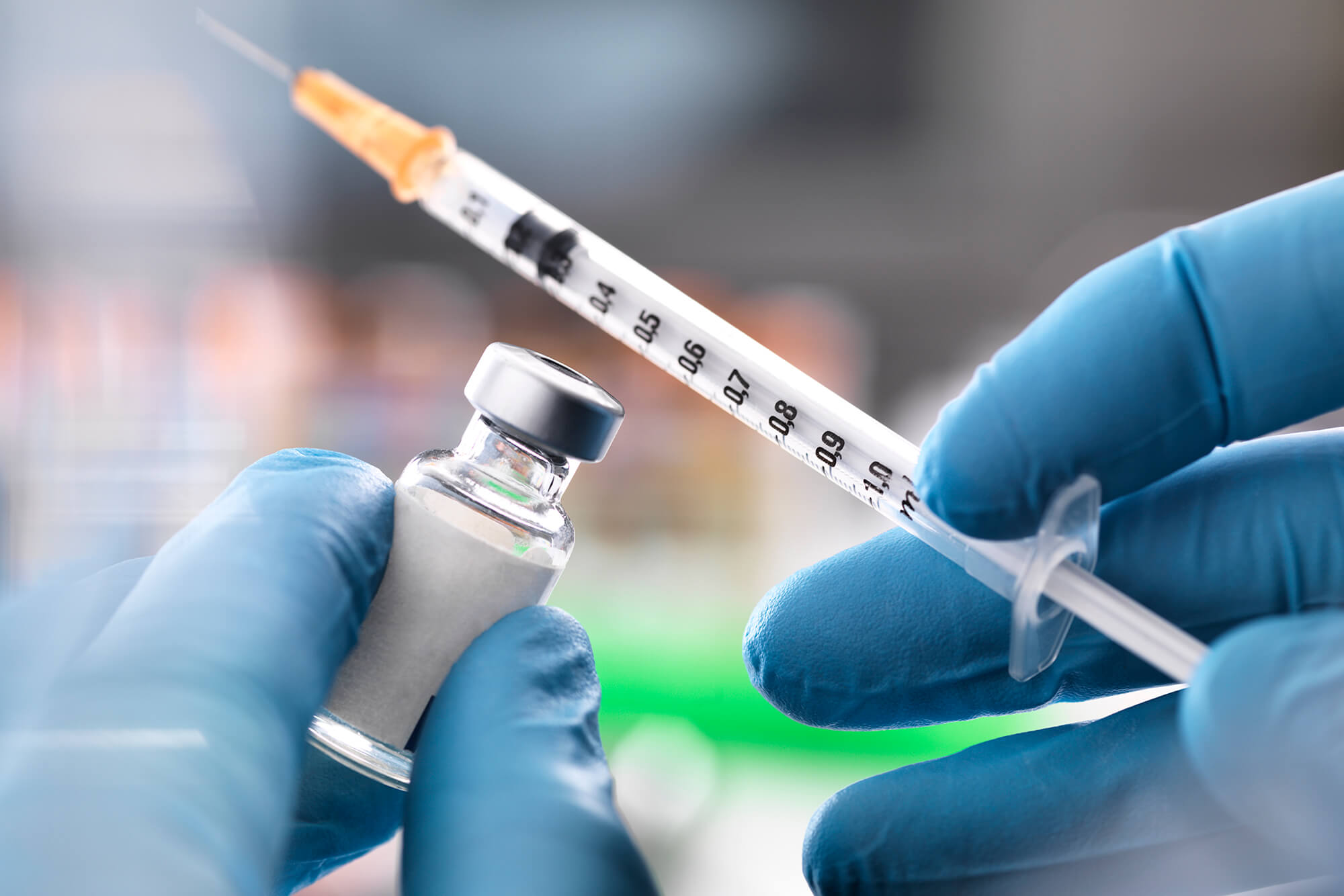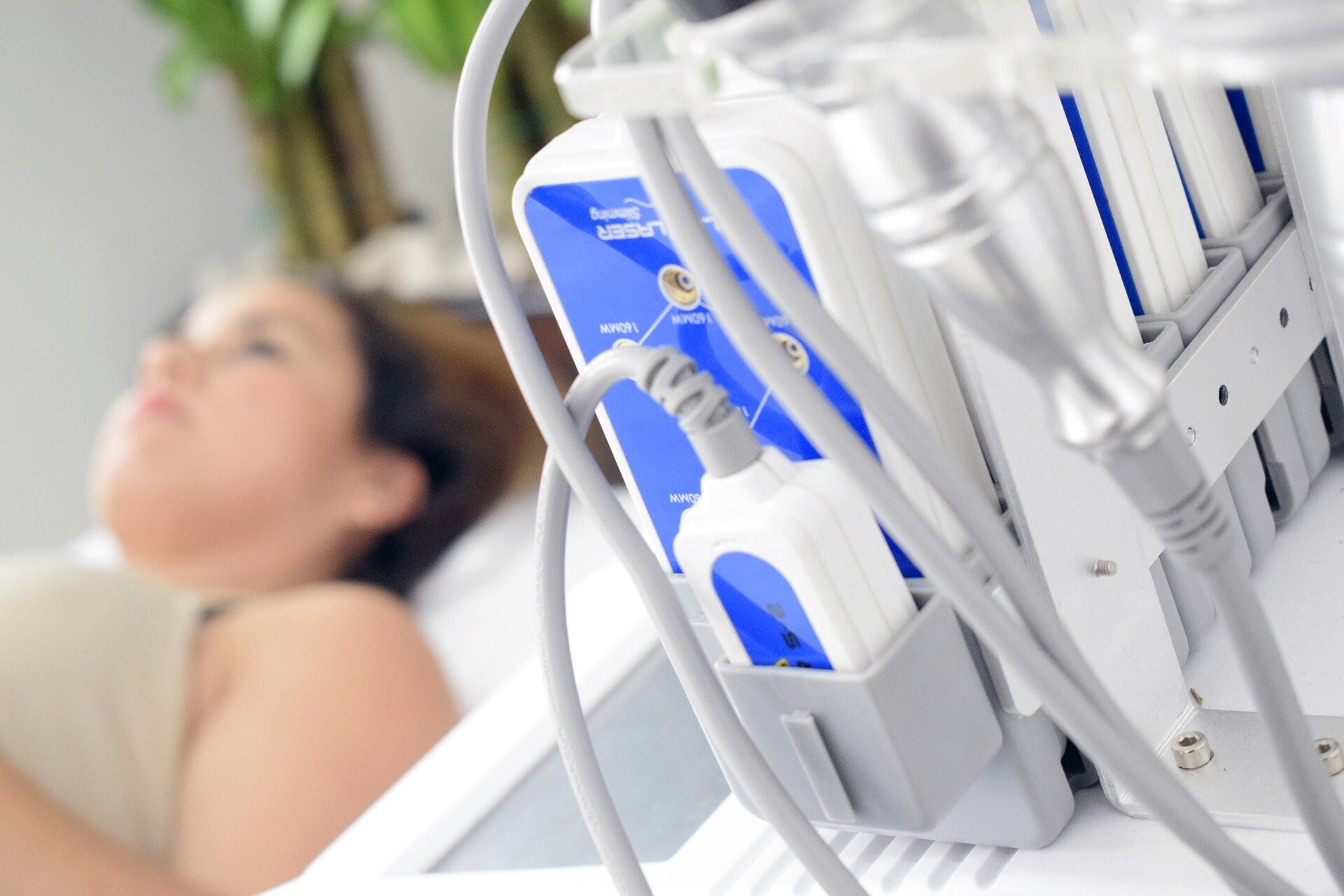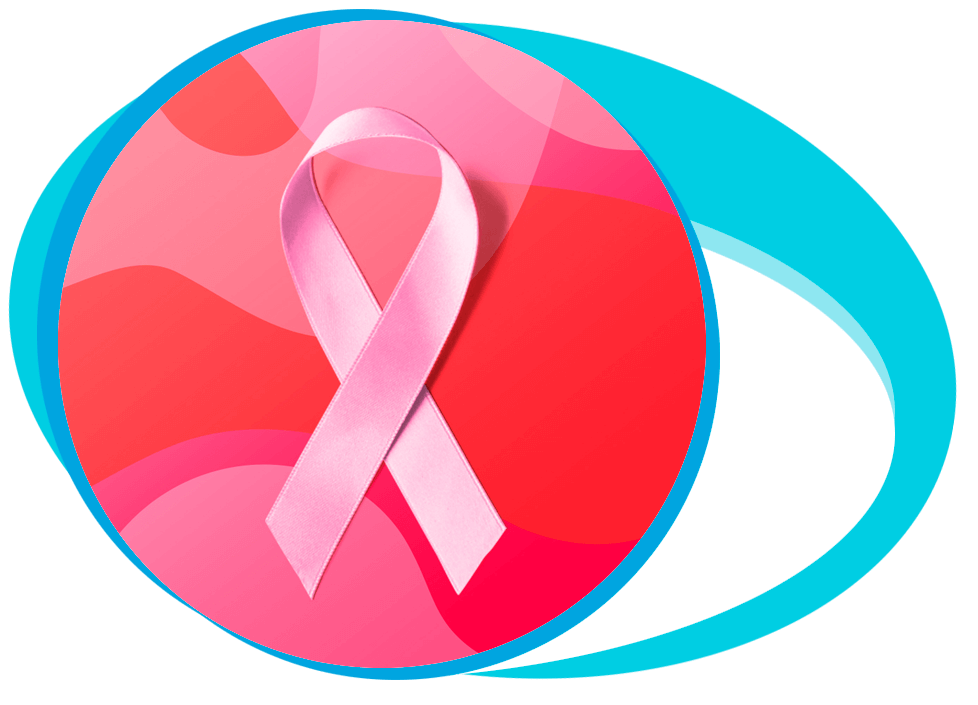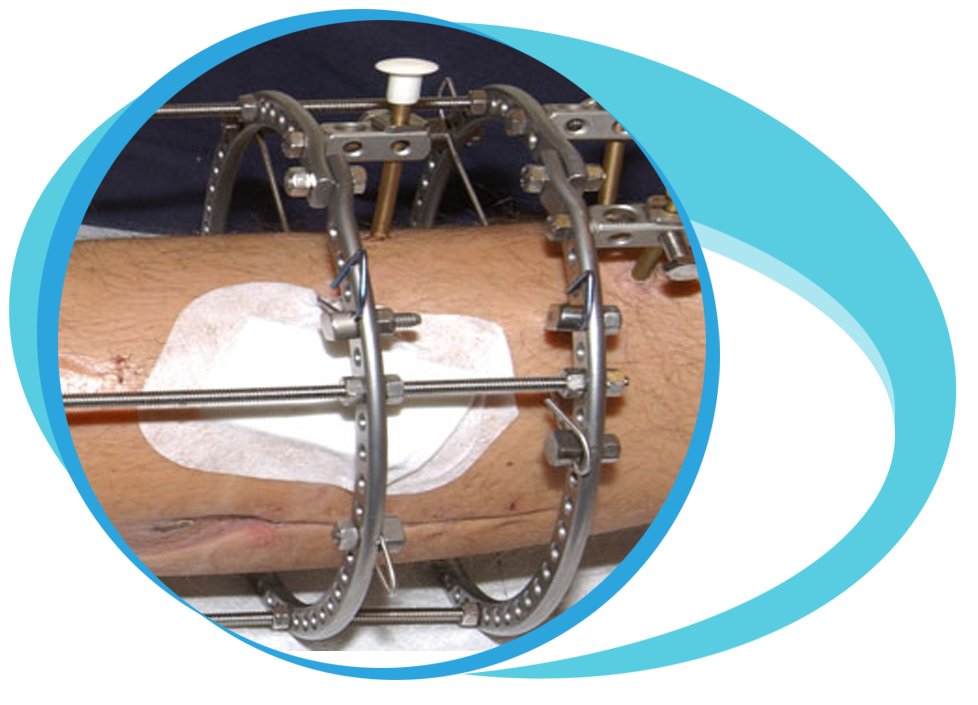Hormone Therapy in Iran Details
What is Hormone Therapy?
Hormone Therapy, also known as endocrine therapy or hormonal therapy or hormone treatment, is a type of systemic therapy that stops or slows down the growth of cancer cells by blocking, adding or removing the hormones from the body.
Some types of medications can also be taken in the hormone therapy that stops the production of the hormones or can interfere with the activity of the hormone.
The surgical removal of the gland can also be done as this gland is responsible for producing the hormones.
Hormone therapies can also be given after chemotherapy, surgery, and radiotherapy for breast cancer for reducing the chances of cancer coming back.
Some of the cancers that are hormone-sensitive include the followings:
- Womb Cancer (uterine)
- Prostate Cancer
- Breast Cancer
Types of Hormone Therapy
Hormone therapy is categorized into different types that include the followings:
- Womb Cancer Hormone Therapy
- Prostate Cancer Hormone Therapy
- Breast Cancer Hormone Therapy
Womb Cancer Hormone Therapy
The activity and growth of the cells lining the womb can get affected by the female hormone’s progesterone and estrogen.
The hormone progesterone is given for shrinking the larger womb cancers or for treating the recurring womb cancer.
Megestrol (Megace) and Medroxyprogesterone acetate are considered as the different types of progesterone treatment.
Prostate Cancer Hormone Therapy
The goal of hormone therapy is to stop or slow down the growth of cancer and to stop or reduce the body, making testosterone.
Anti-androgens and pituitary down regulators are the different types of hormone therapy.
- Anti-androgens: The receptors are contained in the prostate cancer cells that take up testosterone.
The anti-androgen drugs attach themselves to these receptors, and this helps in stopping the testosterone from reaching the prostate cancer cell.
Flutamide (Drogenil), Cyproterone acetate (Cyprostat) and Bicalutamide (Casodex) are the different types of anti-androgens. - Pituitary down Regulators: Testicles are responsible for making testosterone, and the amount of testosterone is controlled by the pituitary gland.
The testicles are prevented from making testosterone by the pituitary down regulators drugs.
This is done by blocking the signal from the pituitary gland to the testicles.
Triptorelin (Decapetyl), Leuprorelin (Prostap) and Goserelin for prostate cancer (Zoladex) are some of the types of pituitary down regulators.
Breast Cancer Hormone Therapy
Breast cancers are affected by female hormones such as progesterone and estrogen.
Breast cancers are either named as progesterone receptor-positive or estrogen receptor-positive and sometimes both.
The hormone therapy prevents the entering of these female hormones into breast cancer cells.
Pituitary down regulators, Aromatase inhibitors, and Tamoxifen are the different types of hormone therapies for treating breast cancer.
- Pituitary down Regulators: Pituitary gland is a gland present inside the brain and is responsible for controlling the number of sex hormones made by the ovaries.
The ovaries are prevented from making progesterone or estrogen by the pituitary down regulators drugs.
The signal is blocked from the pituitary gland to the ovaries.
One can have this treatment only if the condition of menopause has not yet occurred.
The reason behind this is that the ovaries do not produce hormones after the menopause Leuprorelin and Goserelin for breast cancer. - Aromatase Inhibitors: This is considered as a new type of hormone therapy and can only be taken if a woman has gone through the phase of menopause.
The ovaries no more make estrogen after the menopause. The body after menopause still makes a little quantity by changing the other hormones known as androgens into estrogen.
Aromatase (an enzyme) is responsible for making this change.
The Aromatase enzyme is blocked by the Aromatase inhibitors so that it will not be able to convert androgen into estrogen.
Letrozole (Femara), Exemestane (Aromasin) and Anastrozole (Arimidex) are the three types of Aromatase inhibitors. - Tamoxifen: This is considered as the most common hormone therapy for treating breast cancer.
This therapy can be done on both pre-menopausal and post-menopausal women.
Estrogen hormone is prevented from reaching into the cancer cells.
Hormone Replacement Therapy (HRT)
When the levels of progesterone and estrogen drop considerably in some women, then hormone replacement therapy is given.
This therapy aims to replace the female hormones that are not produced after menopause.
Symptoms of a drop in the Estrogen Levels
The estrogen is responsible for regulating the moisture of the vagina, and it also maintains skin temperature and bone density.
Some of the symptoms can be seen when there is a drop in the estrogen level that includes the followings:
- The build-up of fat in the abdomen
- Vaginal dryness
- Breasts get smaller
- Sleep problems
- Hot flashes
- Urinary problems
- Moodiness
- Memory and concentration difficulties
- Thinning hair
- Irregular periods
- Night sweats
- Lower fertility
How Hormone Replacement Therapy is taken
- This therapy can be taken in the form of an implant.
The insertion of the small pellets of estrogen is done under the skin of thigh, tummy or buttock.
This is done under local anesthesia. - This therapy can be taken in the form of tablets either through the mouth or can also be directly placed into the vagina for treating dryness.
- HRT is given as a patch that will stick to the skin.
- A gel or cream can also be applied either to the vagina for treating vaginal dryness or can also be applied to the skin.
Benefits of Hormone Replacement Therapy (HRT)
- It protects against brain aneurysms
- It results in improved muscle function
- It lowers mortality in younger postmenopausal women
- It reduces the risk of heart attack and heart failure
Treatment for Stomach Cancer
The treatment depends on the stage of the disease and how far the tumor has grown.
The treatment options include the followings:
Radiation Therapy
This therapy is combined with chemotherapy for treating stomach cancer.
Chemotherapy
This therapy uses cancer, destroying drugs for treating stomach cancer.
When cancer has invaded the stomach wall layers surrounding the lymph nodes and nearby organs, then chemotherapy is given.
For shrinking the tumor first, chemotherapy is given before the surgery.
It can also be given after the surgery for destroying the remaining cancer cells.
Chemotherapy can also be combined with radiation therapy that provides relieves from many cancer symptoms and can also delay the recurrence of cancer.
Surgery
Surgery is considered as the most common treatment for gastric cancer.
Any of these two options can be performed for removing cancer, including the followings:
- Total Gastrectomy: Parts of the esophagus, the tissue surrounding the tumor, entire stomach, and small intestines are removed. A patient can continue to swallow and eat as here esophagus relates to the small intestine
- Subtotal Gastrectomy: Organs surrounding the tumor, part of the stomach containing cancer and parts of the tissues are removed.
Lymph nodes are also removed for examining cancer cells.
Rarely, part of the pancreas and spleen are also removed.

